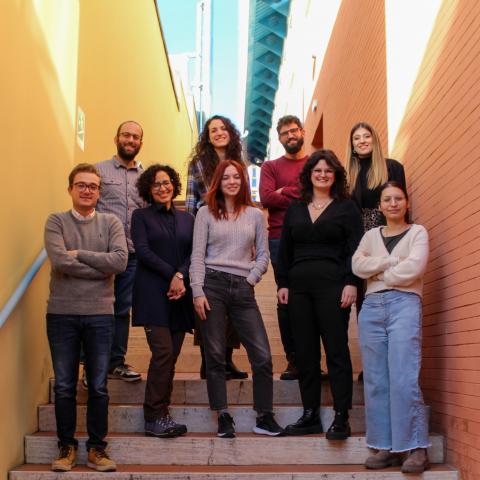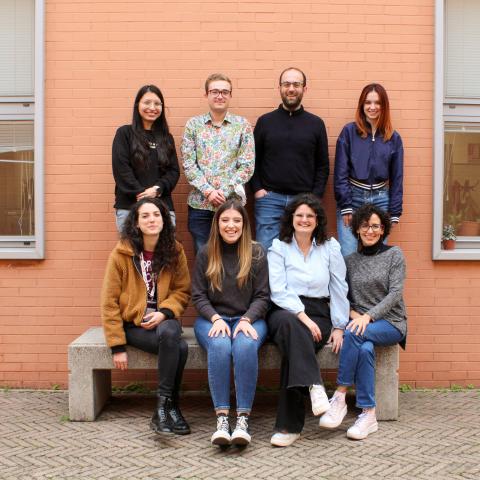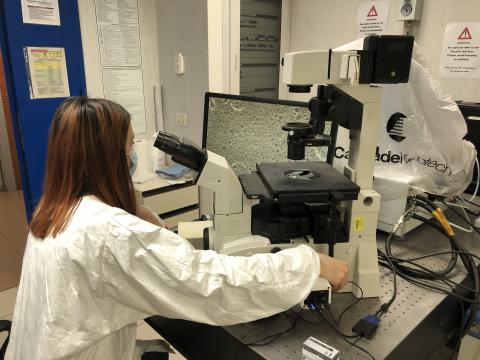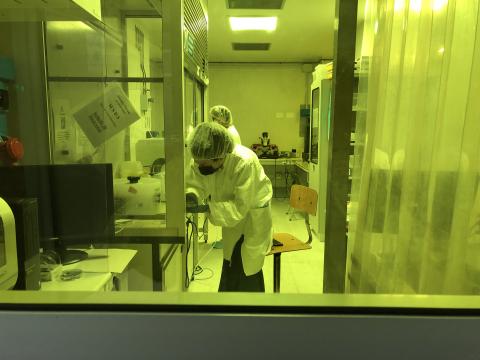Microscale Robotics Laboratory
we aim at developing advanced robotic technologies with sub-millimetre dimensions with high potential impact in minimally invasive medicine
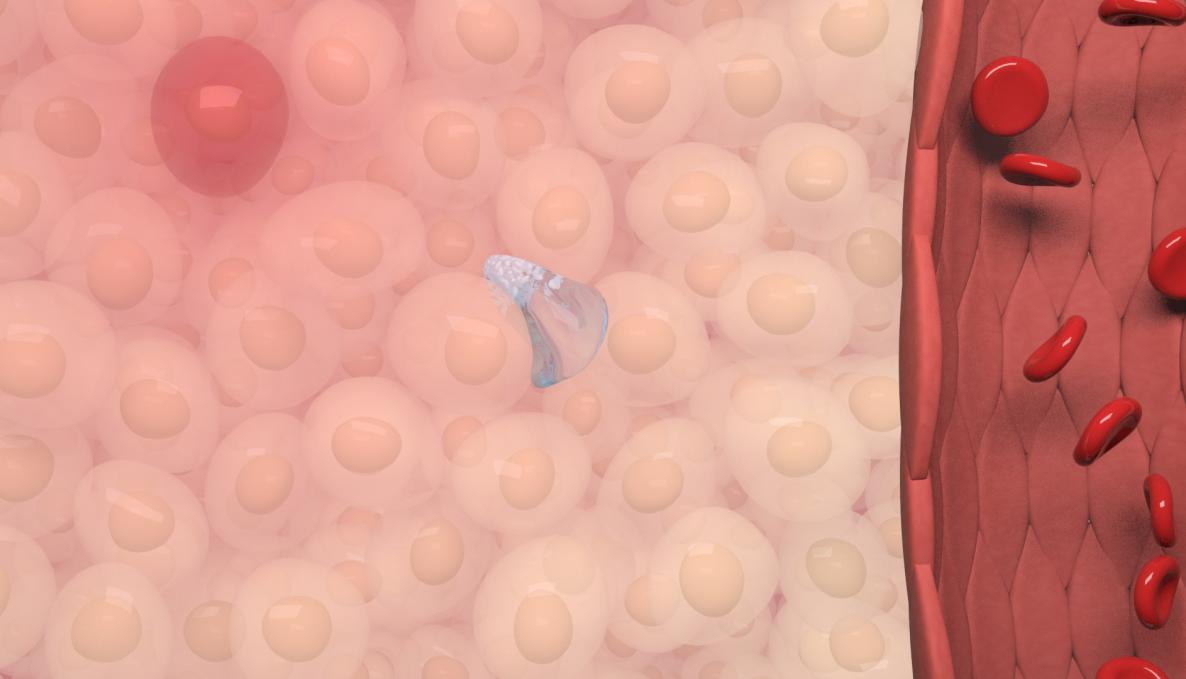
The Microscale Robotics Laboratory aims at developing advanced robotic technologies with sub-millimetre dimensions. Our approach is based on bioinspiration, as we look at cells to design microrobots with advanced mobility and navigation abilities. In particular, we aim to translate the mechanisms that drive cellular motility into new designs of artificial mobile microrobots, and to realise microrobotic models for testing hypotheses on specific cell behaviours (e.g. for studying cell locomotion and migration in body tissues).
By leveraging bioinspired designs, we address fundamental limitations of current microrobots and develop innovative microrobotic technologies with high potential impact in minimally invasive medicine. In particular, we aim to endow microrobots with advanced robotics capabilities (i.e. autonomy), resulting in a new level of functionality that will enable currently unforeseen medical application scenarios.
In the endeavour toward advanced autonomous microrobots, we also address the emergence of intelligent behaviours in microscale physical systems. Our microrobots will rely on the physical and chemical interaction with the environment, and complex behaviours will emerge (in a predictable and programmable way) from the complex interplay of the reactions of their constitutive materials to the environments. This will pave the way toward a transformative bottom-up approach for robotics and embodied intelligent systems.
Please contact us if you are interested in joining or visiting our group.
Our research has received funding from the European Research Council (ERC) under the European Union’s Horizon 2020 research and innovation programme (project CELLOIDS, GA:948590).



